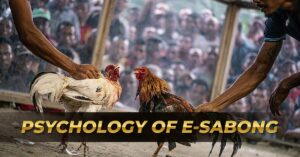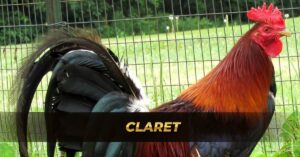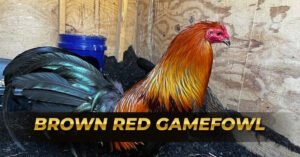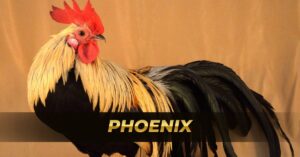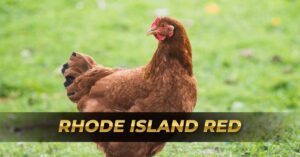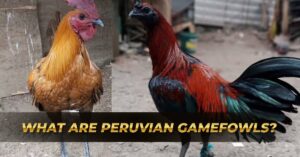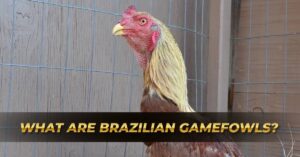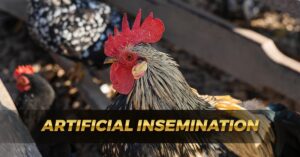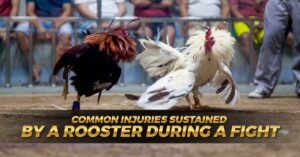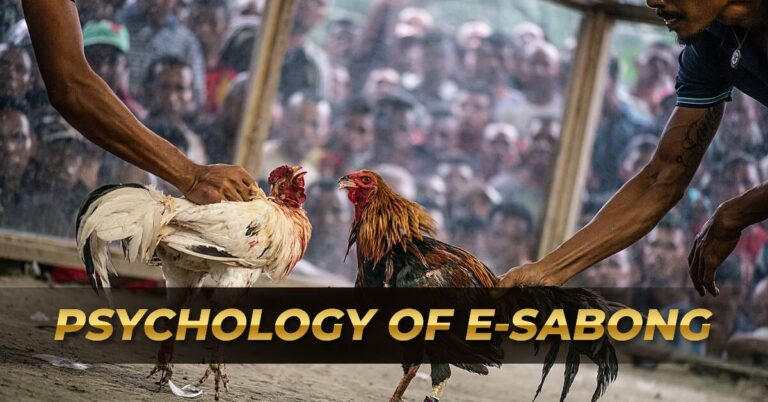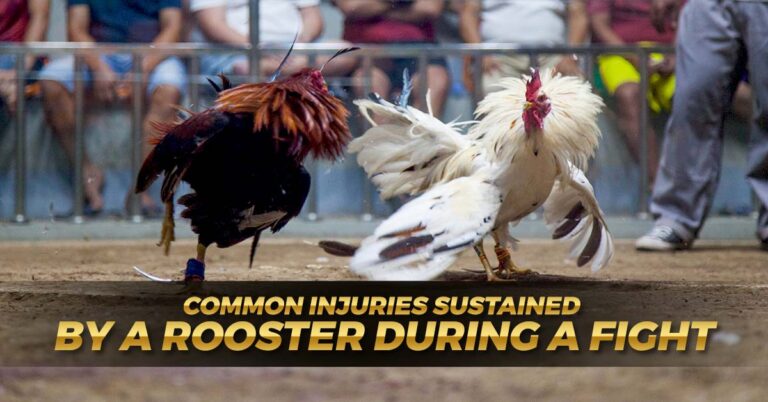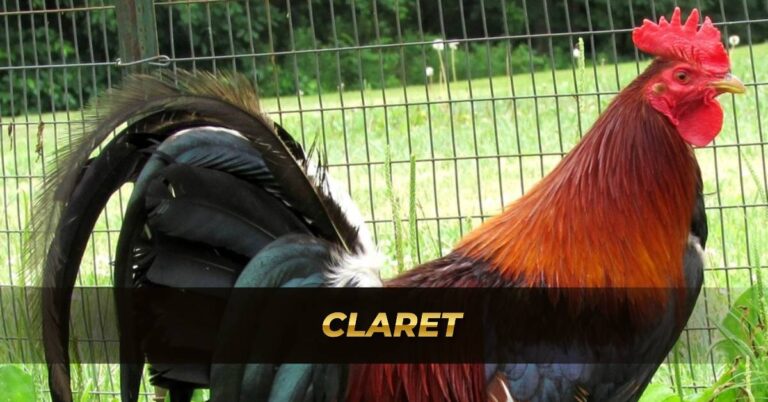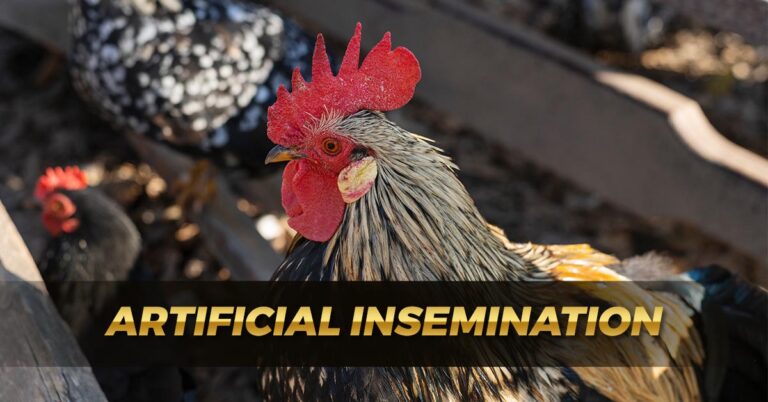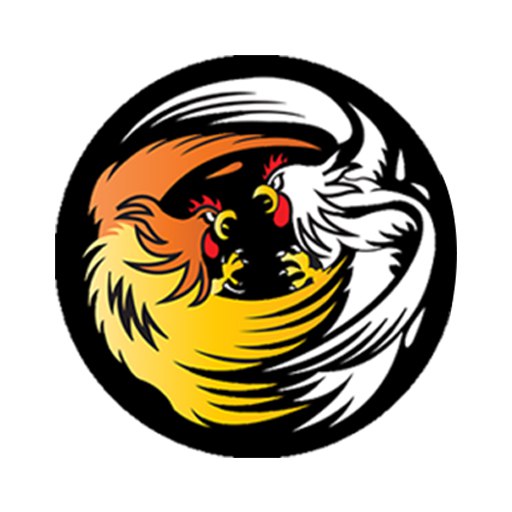21 Days Conditioning Method for sabong playing Success – Expert Strategies
The 21-Day Gamefowl Conditioning Program is a regimen that aims to prepare gamebirds for battle by putting them in the best shape possible and psychologically preparing them for the fight. The program consists of pre-conditioning and conditioning method stages, with the former being a daily routine that physically and mentally prepares game birds.
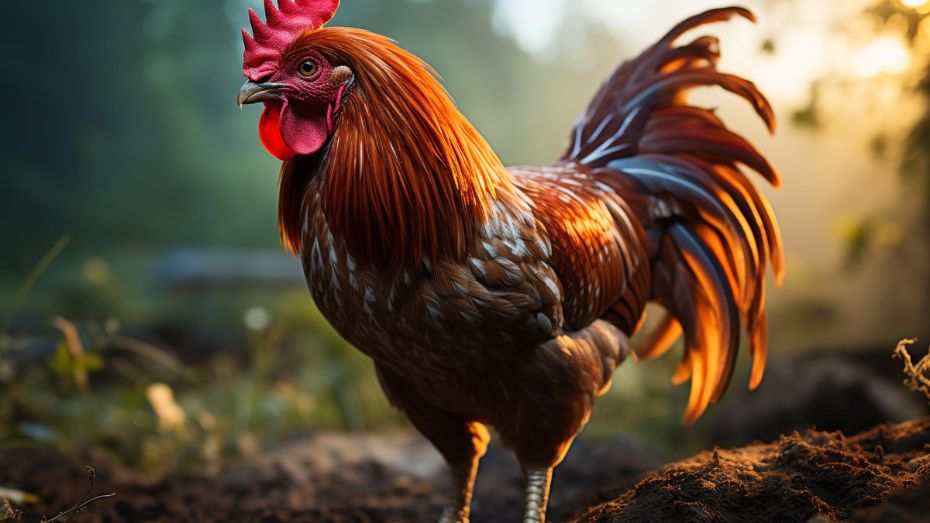
Pre-Conditioning Stage
This routine includes exercises from the cord, fly pen, scratch box, sparring, and rest, a high-protein diet, nutritional supplements, deworming, delousing, and bacterial flushing.
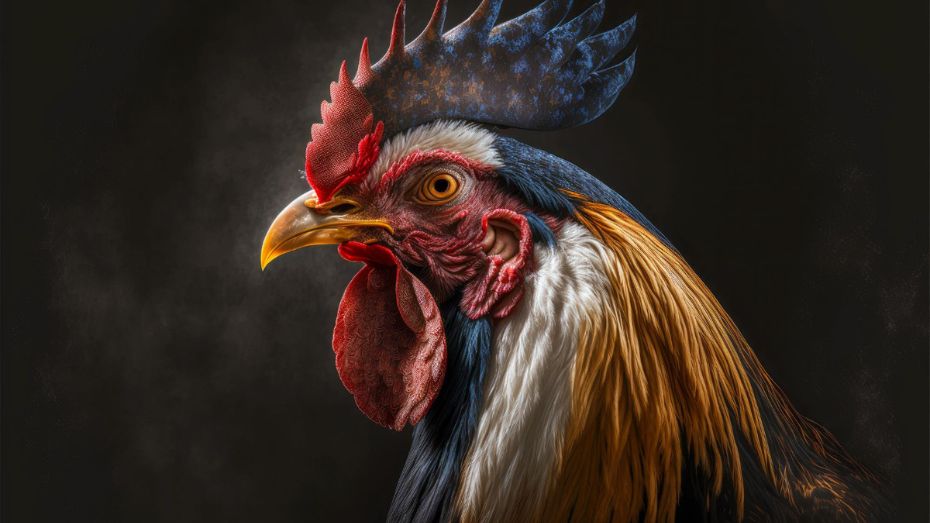
Physical Characteristics of a Fighting Cock
Handlers have different approaches to the conditioning method of gamebirds, but the ultimate goal is to ensure that the birds are healthy and well-conditioned. To achieve this, the program recommends choosing a bird that exhibits certain physical characteristics, such as reddish shanks, wagging of tail, calmness, alertness, preening or stretching, and shiny and smooth feathers. A fighting cock that head knocks due to partial dehydration is also considered well-pointed and ready for battle.
Conditioning Method Stage
The fighting rooster’s 21-day conditioning method program is carefully split into multiple stages for effective results. Here are the details of each stage:

Day 1: Deworming (Pagpupurga)
The bird undergoes deworming, which is done between 4 to 5 AM. On the day preceding deworming, no afternoon feed should be given to the fighting rooster. After giving the medicine, the bird should be placed back in its cage and provided with clean water.
Day 2: Bacterial Flushing and Injection
Bacterial flushing is done with Vetracin Gold Capsule, and the bird is injected with Bexan XP Injectable, which contains high levels of B-complex vitamins for optimum muscle development and better nutrient utilization. The fighting rooster is bathed with medicated shampoo as a part of this program in order to eradicate harmful external parasites.
Day 3: Rotation Day and Administration of Injectables
Each bird’s weight is recorded before starting rotation, which is done at 4 or 5 AM at the scratchbox. The roosters receive their morning feed at 7 AM under the 21 day conditioning program, followed by the administration of injectable B-complex + amino acid an hour later. The birds are then allowed to rest at the cording area.
Day 4: Rotation Day and First Sparring Day
Oral supplements and electrolytes are given in their drinking water, and around 4 PM, the gamefowl is allowed to spar. Their performance is recorded and rated accordingly. Afternoon feed is given to the roosters at 5 PM during the hot summer months and then they’re allowed to rest as part of the 21 days conditioning.
Day 5 to Day 7: Rotation Days
The roosters are given oral supplements and electrolytes in their drinking water as part of the 21 days conditioning for cockfighting.
Day 8: Rest Day
The birds are given a break from rotation and are allowed to rest.
Day 9 to Day 11: Rotation Days
The fighting roosters receive oral supplements and electrolytes in their drinking water. Cracked corn or oat groats might also be included in the feed to improve their nutrition during the 21 days conditioning program.
Day 12: Rest Day
The birds are given a break from rotation and are allowed to rest.
Day 13 to Day 15: Rotation Days
The birds are given oral supplements and electrolytes in their drinking water.
Day 16: Rest Day
The birds are given a break from rotation and are allowed to rest.
Day 17 to Day 19: Rotation Days
The birds are given oral supplements and electrolytes in their drinking water.
Day 20: Rest Day
The birds are given a break from rotation and are allowed to rest.
Day 21: Final Rotation and Selection
The birds are given a final rotation, and the handler chooses the best bird for the fight. The bird is then given a light feed and is allowed to rest until fight day.
FAQs
Conclusion
The 21-Day Gamefowl Conditioning Method Program is a comprehensive regimen that aims to prepare gamebirds for battle in live sabong by putting them in the best shape possible and psychologically preparing them for the fight. The program consists of pre-conditioning and conditioning stages, with the former being a daily routine that physically and mentally prepares game birds.
The program is designed to last for 21 days and is divided into several stages. The pre-conditioning stage includes exercises from the cord, fly pen, scratch box, sparring, rest, a high-protein diet, nutritional supplements, deworming, delousing, and bacterial flushing. The conditioning stage includes several rotations, sparring, and rest days, with oral supplements and electrolytes in their drinking water.
Handlers have different approaches to conditioning gamebirds, but the ultimate goal is to ensure that the birds are healthy and well-conditioned. To achieve this, the program recommends choosing a bird that exhibits certain physical characteristics, such as reddish shanks, wagging of tail, calmness, alertness, preening or stretching, and shiny and smooth feathers. A fighting cock that head knocks due to partial dehydration is also considered well-pointed and ready for battle.

